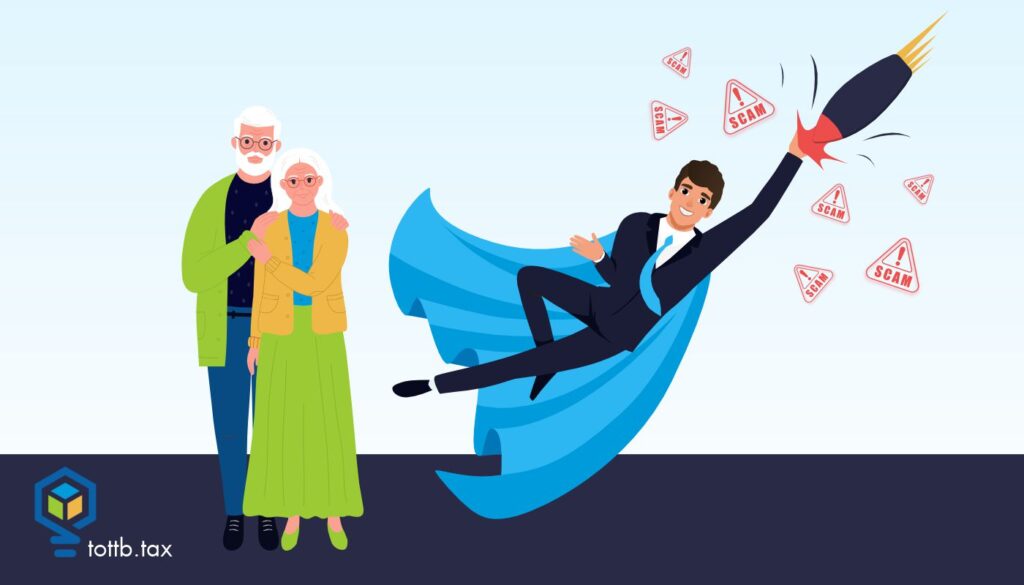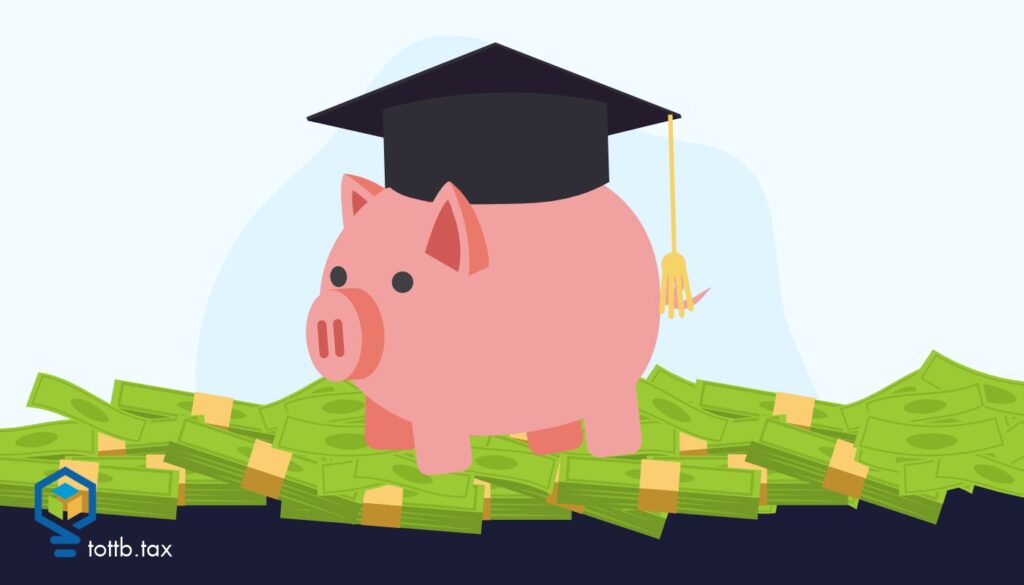All Podcasts
Our podcast shares samples from our exclusive articles, written by some of the top working tax professionals in the industry, voiced in a conversational-style for our valued monthly & annual subscribers who are on the go!
This podcast is AI generated and may introduce errors that the original source material does not have. Further, the audio versions may be lacking citations that the original written materials provide. At all times, refer to the original written source material found exclusively here on our website.
FOR ENTERTAINMENT PURPOSES ONLY.

Helping Elderly Clients Avoid Tax Scams
Taxes are scary enough, even without the threat of scammers involved. While technology has in some ways made taxes easier than ever, like any tool ever invented by humans, these new technologies have also become the plaything of scammers looking to pull off cons. Elderly clients who often have large

Networking Events for CPAs: Making the Most of Conferences and Seminars
Networking is vital to any profession and is no different for us Certified Public Accountants (CPAs). Attending conferences and seminars can be a game-changer, offering opportunities to learn, connect, and grow your professional network. These events are not just about business but also about personal and professional growth. However, to

Beyond Borders: Essential Tax Planning Insights for Advising Foreign-Invested Partnerships
Cross-border ventures can unlock exciting destinations for growth and investment, but they also come with some heavy-duty baggage — think IRS paperwork, withholding headaches, and estate tax landmines. If you’re a tax planner gearing up for this global expedition (especially if it’s your first trip), this guide is your passport

How to Help Your Clients Maximize College Financial Aid
College tuition continues to climb, and for many families, financial aid can make or break their ability to afford their child’s higher education dreams. What most don’t realize is that their tax return — filed long before students even begin applying for college — plays a major role in determining

Helping Elderly Clients Avoid Tax Scams

Networking Events for CPAs: Making the Most of Conferences and Seminars

Beyond Borders: Essential Tax Planning Insights for Advising Foreign-Invested Partnerships

How to Help Your Clients Maximize College Financial Aid
NOT A MEMBER YET?

SUBSCRIBE TO GET ALL OF OUR
GREAT ARTICLES AND RESOURCES!
CURRENT EDITION

Summertime Marketing in Your Tax & Accounting Firm
Tax season is prosperous, summer is dry until extension season. Do you find yourself in that cycle? Clients are “easy” to get during tax season when taxes are top of mind. Then the direct deposits go dry by June, and you are looking for what’s next. Stop the search, you don’t have to add another service. You need better marketing to highlight the service that you offer and specialize in. This will allow you to have a predictable client pipeline. You can do tax preparation, planning, and or representation all year long.

Observations on the House-Passed OBBB
This article focuses on the OBBB from the House offering a variety of observations to help understand the range of changes, relevance to compliance and planning, process considerations and some unexpected provisions. While the final OBBB will not include all of the House provisions or will modify some of them, there are lessons to learn to understand the tax legislation process and results now and in the future.

Client Retention as a Prospecting Strategy: Turning Current Clients into Referral Sources
In the competitive accounting world, where trust and reliability are paramount, client retention is not just a success metric—it’s a vital strategy for sustainable growth. For Certified Public Accountants (CPAs), accountants, and bookkeepers, maintaining a solid relationship with existing clients can unlock new business opportunities, turning satisfied clients into powerful referral sources.

